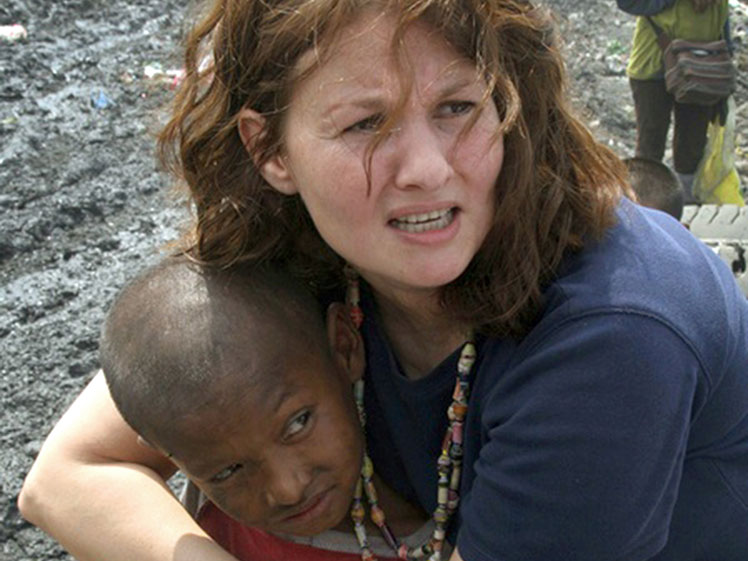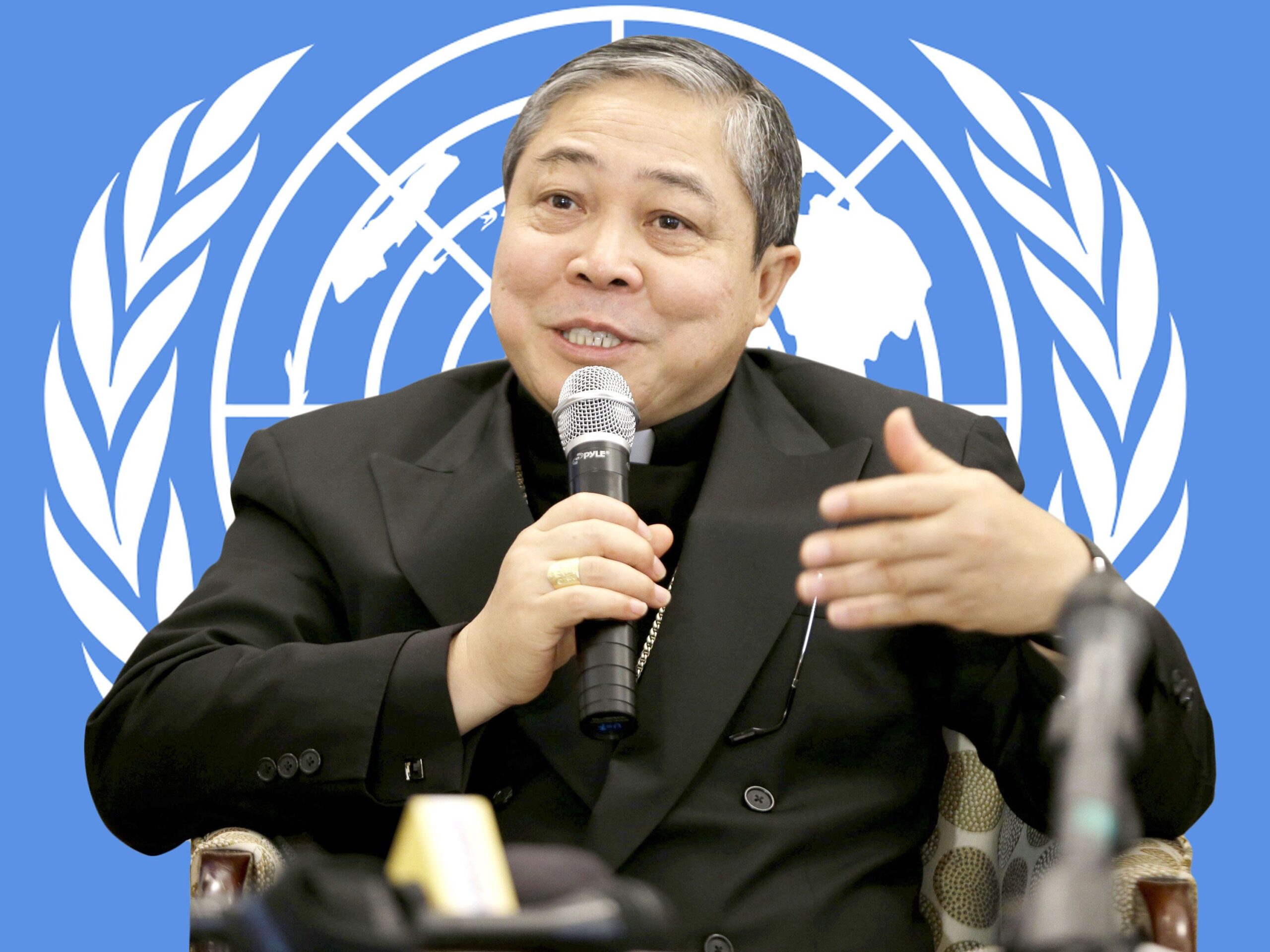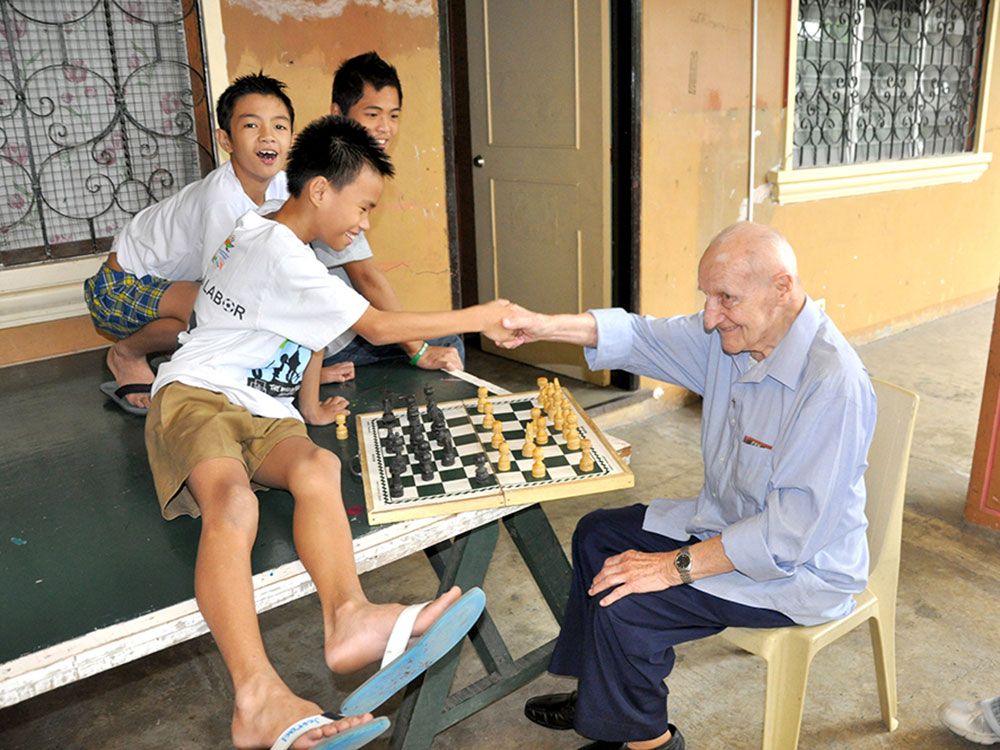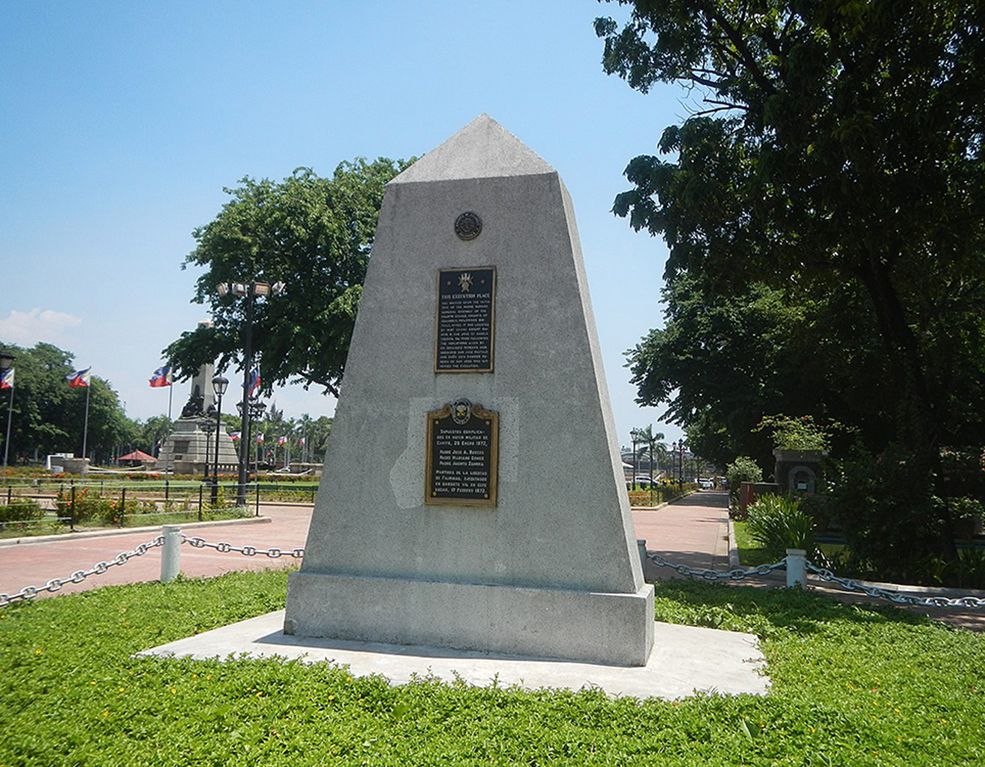In one of his bestselling books, John C. Maxwell recalled the story of Dominique Lapierre. When he first traveled to India to do a research for a new book, the popular French author went in style – in a Rolls-Royce Silver Shadow he had just purchased with a book advance. “While he was there,” Maxwell wrote, “he got what he needed for his book, The City of Joy. But he also received something else: a passion to help the poor and miserable people he discovered there. That discovery has changed his life forever. Now he divides his time between writing, fund-raising, and donating time and money to help the poor.”
That is what generosity is all about. “Giving,” Maxwell believes, “is the highest level of living.” Duane Hulse puts it in another perspective: “We make a living by what we get; we make a life by what we give.” Alice R. Pratt observes: “An ungiving person does not live; he breathes, he eats, he sleeps, he gratifies his needs, but only exists until he has discovered the cleverly interwoven secret of life: giving of oneself. True giving is done without the slightest trace of expecting to receive. It is only in giving that we ever receive. Perhaps in giving of oneself, there is enough taken away to have room to receive.”
“I’ve given him the shirt off my back and now look what he has done to me,” a friend may say. “I’ve given him the best years of my life and look what I get in return,” a wife complains. If you bestow a gift or a favor to someone and expect a return for it, it is no gift at all but a barter.
Live for others
In 1889, millionaire industrialist Andrew Carnegie wrote an essay called Gospel of Wealth. In it, he said that the life of a wealthy person should have two periods: a time for acquiring wealth and a time for redistributing it. The only way to maintain an attitude of generosity is to make it your habit to give – your time, money, and resources.
“Just the very act of letting go of money, or some treasure, does something within us,” Richard Foster once pointed out. “It destroys the demon greed.” Barbara Ward reminded, “Every single ancient wisdom and religion will tell you the same thing: Don’t live entirely for yourself; live for other people.”
More often than not, people equate giving with wealth. But such is not the case all the time. Darlington Mayor John Morel was passing through the town and met a fellow citizen who had just been released from prison, where he had served three years for embezzlement. “Hello,” said the mayor in his own cheery tone. “I’m glad to see you! How are you?” Little else was said, for the man seemed ill at ease.
Years later, Morel met the man, John Henry Jowett, again in another town and immediately Jowett said: “I want to thank you for what you did for me when I came out of prison.” Morel inquired, “What did I do?” The man replied, “You spoke a kind word to me and it changed my life!”
Happiness can’t be bought
What is mine is mine. What is yours is mine, too. That’s what greed is all about. But the more money you have, the more you want to get more. “Money has never yet made anyone rich,” Seneca declared. You see, when it comes to money, no one emerge a winner. As author Maxwell explains, “If you focus on making it, you’re materialistic. If you try to but don’t make any, you’re a loser. If you make a lot and keep it, you’re a miser. If you make it and spend it, you’re a spendthrift. If you don’t care about making any, you’re unambitious. If you make a lot and still have it when you die, you’re a fool – for trying to take it with you.”
Money cannot buy happiness. American millionaire John D. Rockefeller admitted: “I have made millions, but they have brought me no happiness.” F. Alexander Magoun reiterated: “Money will buy only things which are for sale, and happiness is not one of them. The two greatest rewards in life are love and achievement.”
In his book, The Edge of Adventure, Bruce Larson tells a story about a letter found in a baking powder tin which is wired to the handle of a pump. It offered the only hope of drinking water on the seldom-used trail across a desert. The letter in the tin read as follows: “This pump is all right as of June 1932. I put a new leather sucker washer into it, and it ought to last several years. But this leather washer dries out and the pump has got to be primed. Under the white rock, I buried a bottle of water. There’s enough water in it to prime the pump, but not if you drink some first. Pour in about one-quarter, and let it soak to wet the leather. Then pour in the rest, medium fast and pump like crazy. You’ll get water. The well has never run dry. Have faith.” There was this postscript: “When you get watered up, fill the bottle and put it back like you found it for the next feller.”
“No person was ever honored for what he received,” Calvin Coolidge said. “Honor has been the reward for what he gave.” Evangeline Booth says it well: “It is not how many years we live, but what we do with them. It is not what we receive, but what we give to others.”

















